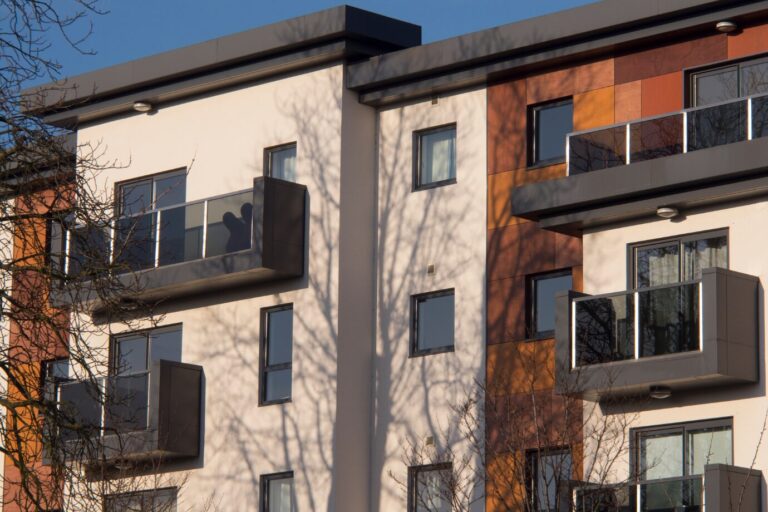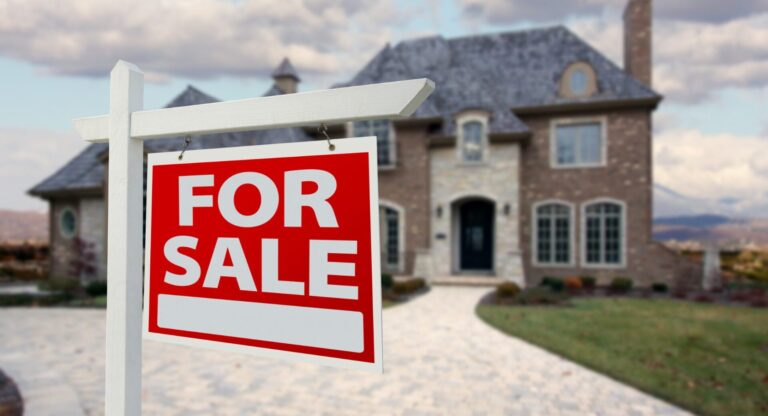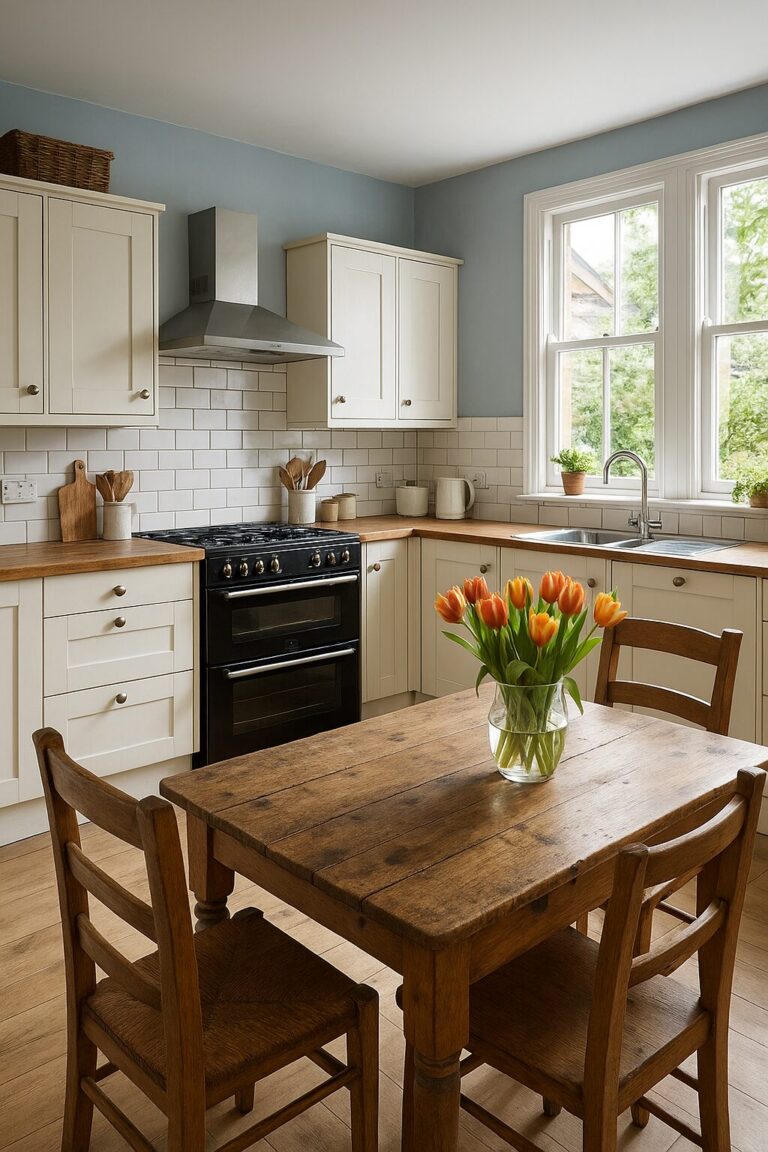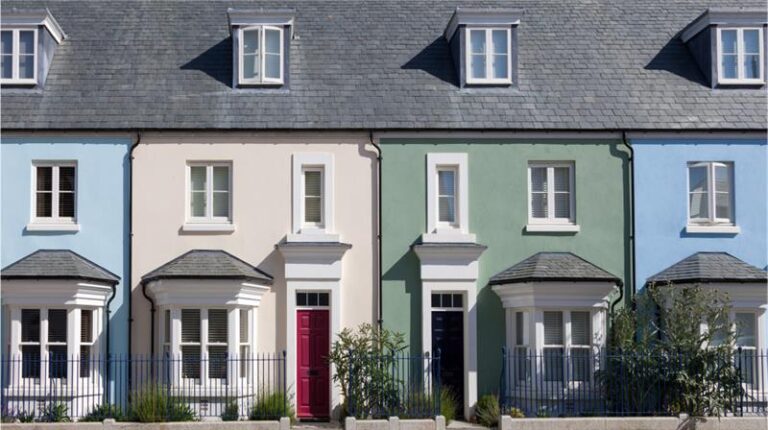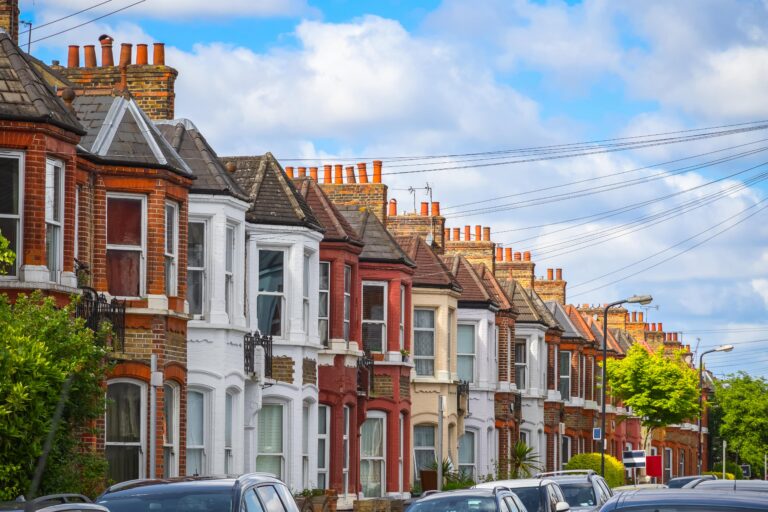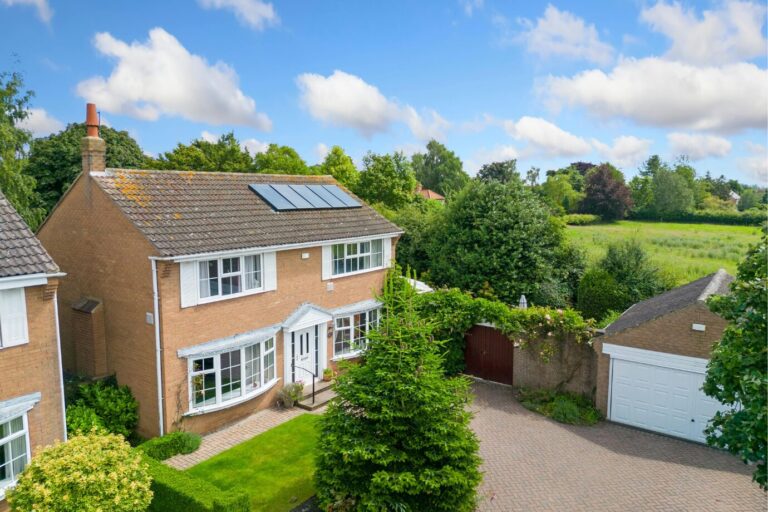
Home » Guides
Guides
Welcome to our news section, the Hunters hub for property news, articles and helpful guides. Choose from the categories below that best suit you needs – Buyers, Tenants, Sellers or Landlords or perhaps you want to browse our general Property News or Home Lifestyle articles, covering everything from home improvements to tips on upping the value of your home.
